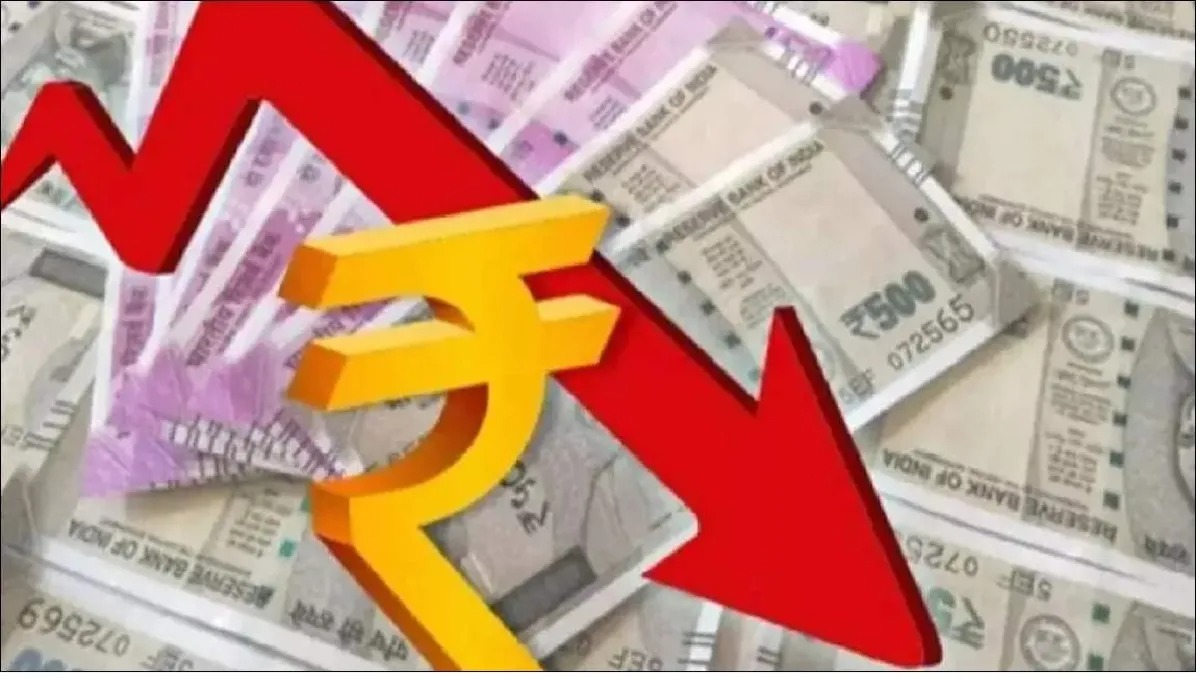
There is a record fall in the value of rupee against dollar . Rupee has fallen to its lowest level of 85.79. That is, the value of 1 US dollar has become 85 rupees 79 paise. Expressing concern over the record fall in the value of rupee, experts say that due to the fall in the value of domestic currency, the cost of production will increase due to the cost of imported raw material and overall inflation may increase in the country, which will affect the pockets of common people. Experts say that the weak rupee will increase the prices of mobile phones, TV, fridge, AC, paint etc. Apart from this, the burden of studying abroad and traveling abroad will also increase.
Inflation will increase but there will be benefits too
When asked about the impact of the fall in the value of rupee against the dollar on the common man, renowned economist and director of Madras School of Economics Professor N R Bhanumurthy said, the fall in the value of rupee will make things expensive due to imported inflation (imported expensive raw materials). He said, however, if it boosts exports then it can have a positive impact on economic growth and employment. If the fall in the rupee is due to market forces (demand and supply), then both production growth and inflation will increase.
Weak rupee makes imports expensive
In this regard, Naveen Mathur, Director (Commodity and Currency), Anand Rathi Shares and Stock Brokers, said, the biggest impact of the fall in the exchange rate of the rupee is in the form of rising inflation as the cost of imported raw materials and production increases, the burden of which ultimately has to be borne by the consumers. This makes foreign travel and studying in another country expensive. When asked about its impact on the economy, Bhanumurthy said, if the exchange rate is changing solely due to market forces, then there will be automatic adjustment in exports and imports. However, there are discussions about central bank intervention and the current account deficit (CAD) has increased due to recent gold purchases. Weak exchange rates make imports expensive, which can increase inflation in the country. It has a negative impact on various sectors.
The cost of companies will also increase
Companies that borrow in foreign currency will have to pay higher payment costs. And units that depend on imported raw materials may see lower profit margins. Also, it may limit foreign investment flows into India. On the other hand, export-related companies may benefit from a fall in the value of the local currency. This makes them more competitive than China. Software and manufacturing exports may get a boost as they will be more competitive than China, he said. When asked about the reason for the fall in the exchange rate of rupee against the dollar, Bhanumurthy said, there are two main reasons for this. One is that the trade deficit increased in the third quarter, the increase in imports was much more than the increase in exports.
Read More: The Billion Dollar Gamble Why India’s Regulator is Worried About Your Demat Account

 Share
Share
_1152292510_100x75.jpg)

_1445939941_100x75.jpg)
